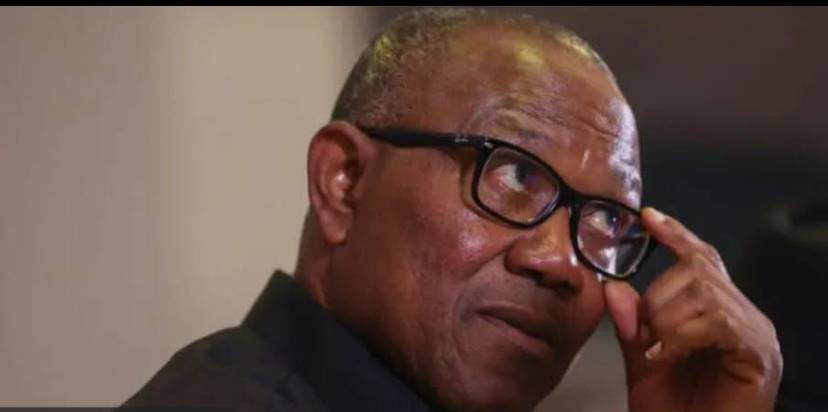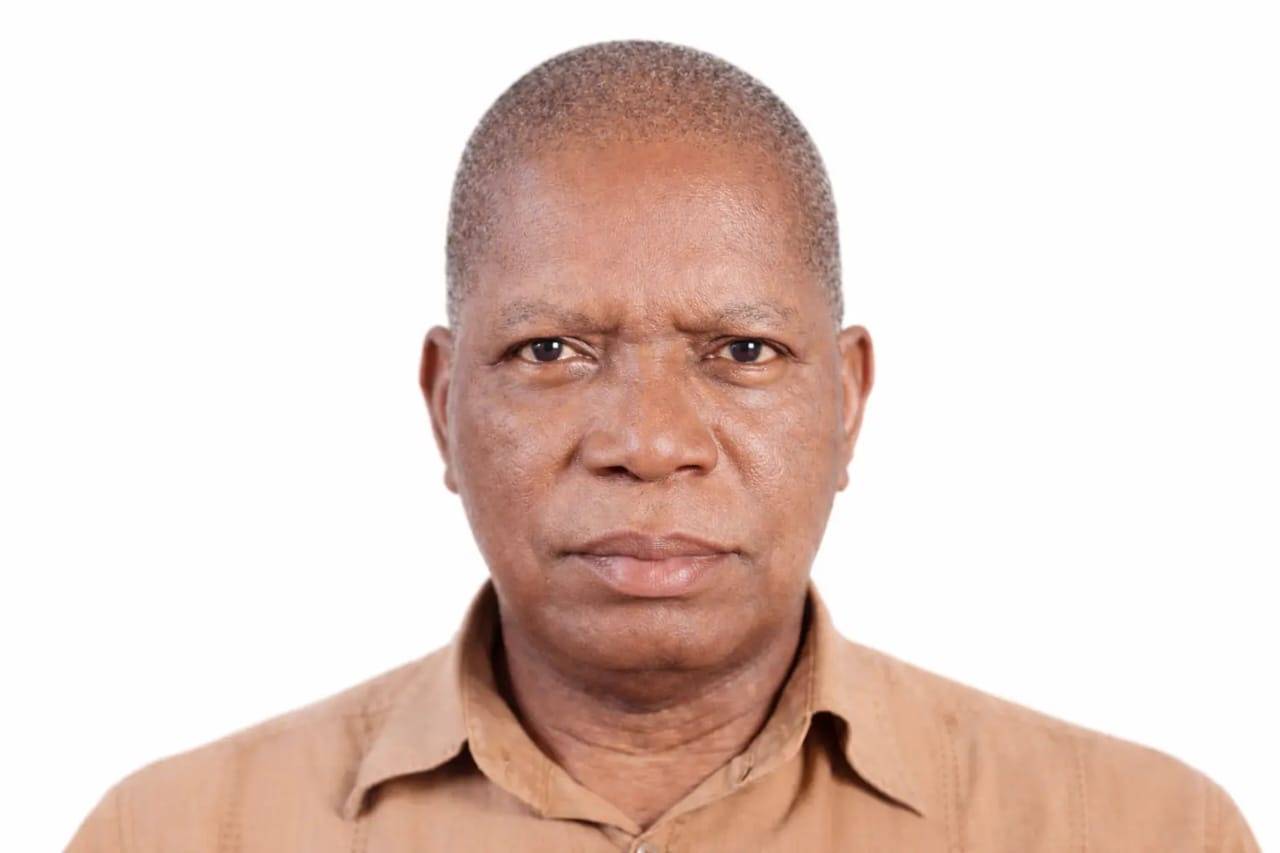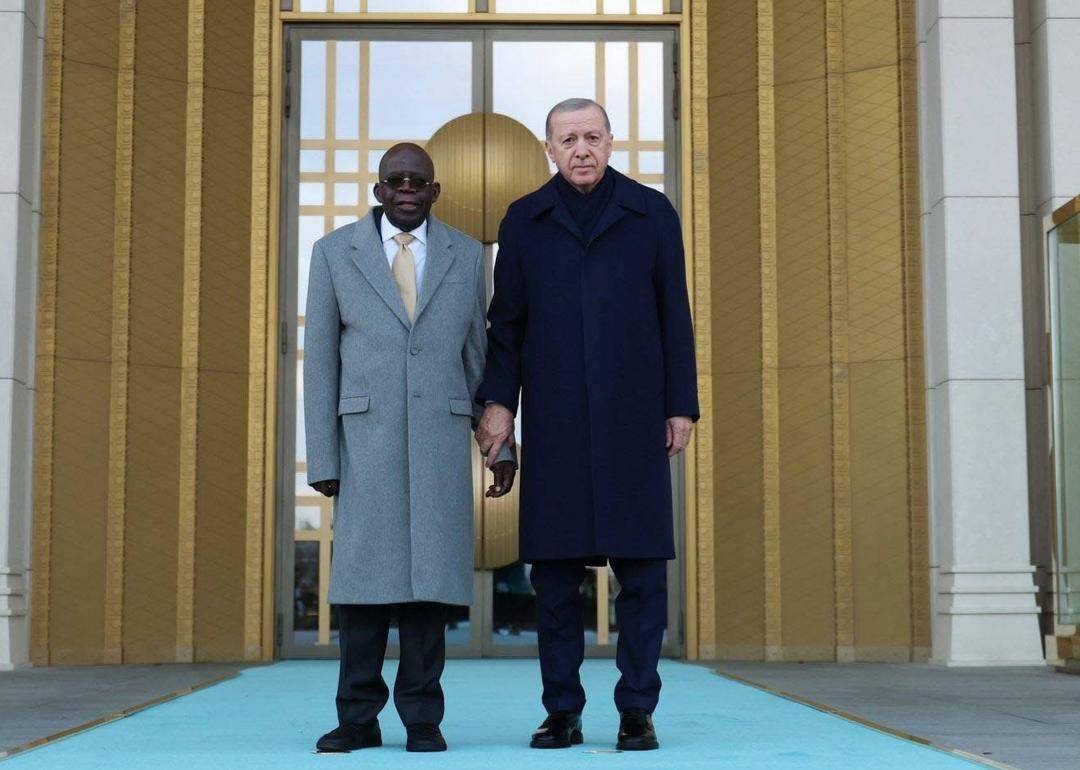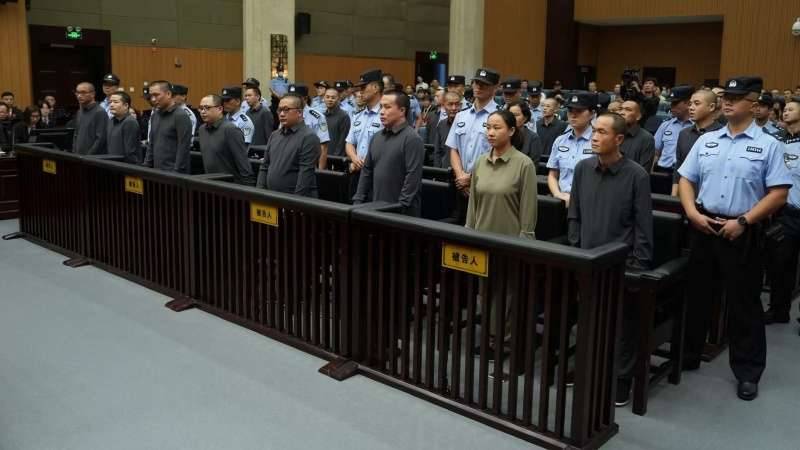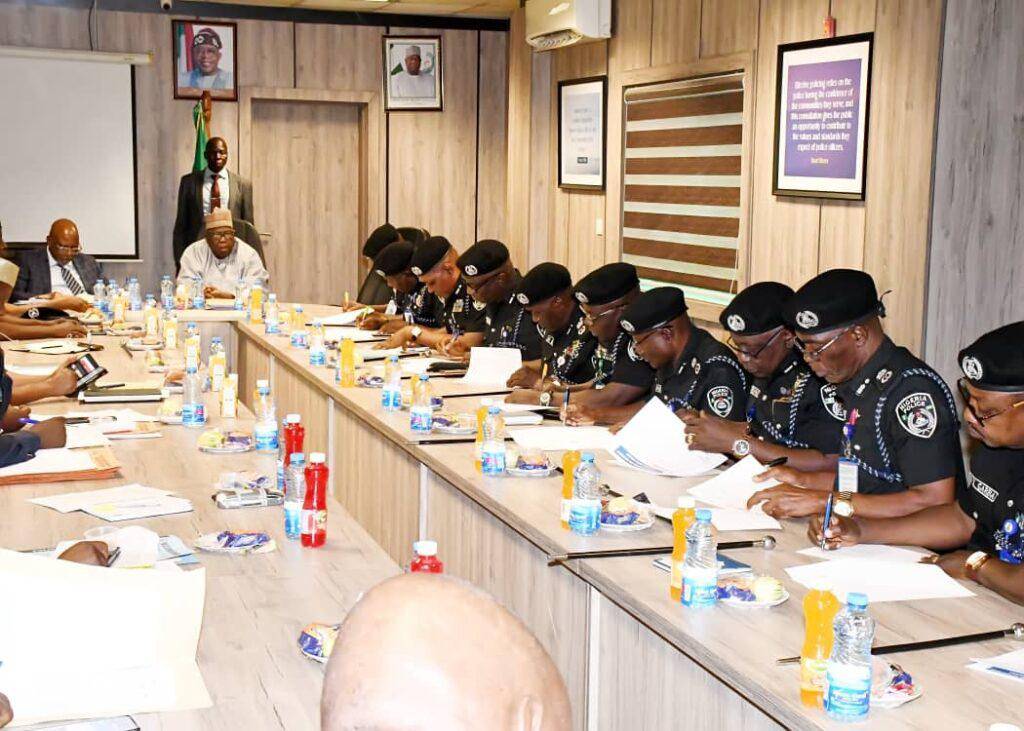By Yahaya Balogun
Peter Obi undeniably embodies the melancholy persona encapsulated in the poignant moniker Agbọ́tikúyọ̀, a description elaborately articulated by the astute Reno Omokri. This characterization paints a vivid picture of Obi as someone whose intellectual acuity appears woefully lacking, casting him in the role of a figure whose understanding is reminiscent of someone perpetually ensnared in a fog of misjudgment and misinformation.
Meanwhile, the notion that Peter Obi fails to discern the gravity of serious moments (Benue Massacre and other national tragedies) —those times that call for deep reflection and genuine empathy—from the often superficial antics of political maneuvering speaks volumes about his approach to leadership and public engagement. Peter Obi is an artful dodger who relishes in political opportunism. His clownish persona and cricket voice can easily nauseate belligerent dogs around.
Obi’s perceived simplicity of thought and myopic view place him in a curious position within the political landscape; he seems unable to navigate the complexities and nuances that define meaningful discourse. Instead, he often opts for a more reductionist perspective that does little to address the profound and multifaceted challenges faced by society. His supporters, whom he dubs his “Obidients,” may find themselves entranced by his charisma. Yet, they risk becoming entrapped in a narrative crafted around his proclivity for creating content that appeals to his base’s laid-back and impressionable nature. It is as if Obi has become a curator of a spectacle rather than a purveyor of substantive political dialogue, drawing in those who may lack the discernment to see beyond the surface.
In a world that demands thoughtful leaders capable of responding to existential crises with an appropriate blend of seriousness and strategic foresight, Obi’s tendency to prioritize populism over profundity raises essential questions about the future of political rhetoric. Thus, as one contemplates the dynamics of his influence, it becomes increasingly clear that while he may amass followers, the substance of his contributions to the political conversation remains, tragically, lacking.
Yahaya Balogun wrote from Arizona, United States of America.


